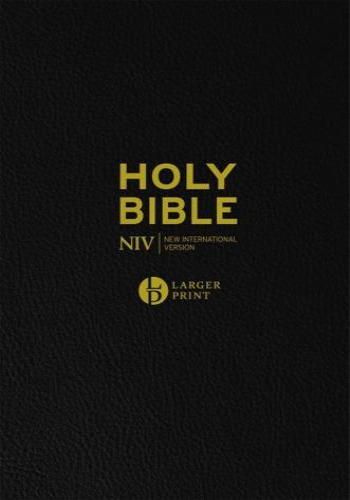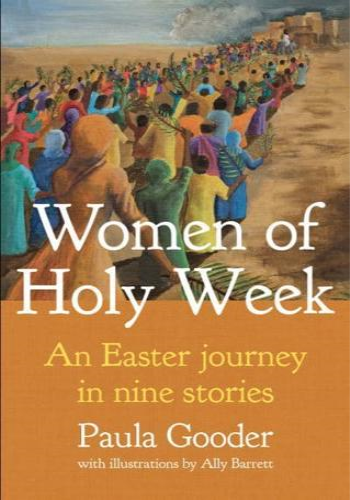With over 400 million Bibles in print, the New International Version is the world's most popular modern English Bible. It is renowned for its combination of reliability and readability. Fully revised and updated for the first time in 25 years, the NIV is ideal for personal reading, public teaching and group study.This Bible also features:
clear, readable 6.75pt text
easy-to-read layout
shortcuts to key stories, events and people of the Bible
reading plan
timeline
book by book overview
quick links to find inspiration and help from the Bible in different life situations.British Text
This edition uses British spelling, punctuation and grammar to allow the Bible to be read more naturally.
More about the translation
This revised and updated edition of the NIV includes three main types of change, taking into account changes in the way we use language day to day; advances in biblical scholarship and understanding; and the need to ensure that gender accurate language is used, to faithfully reflect whether men and women are referred to in each instance. The translators have carefully assessed a huge body of scholarship, as well as inviting peer submissions, in order to review every word of the existing NIV to ensure it remains as clear and relevant today as when it was first published.
Royalties from all sales of the NIV Bible help Biblica, formerly the International Bible Society, in their work of translating and distributing Bibles around the world.







